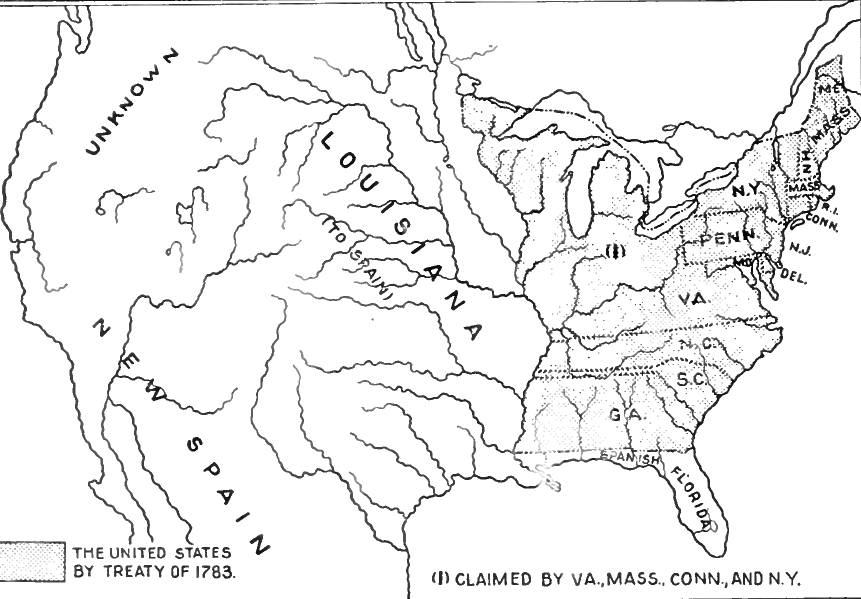<![CDATA[The 3rd September marks the anniversary of the signing of the Treaty of Paris in 1783, the event that bought the American Revolutionary War to an official close. It seems appropriate that the Treaty was signed in Europe, as the USA's successful bid for independence would prove just as significant in the Old World as it was to the New. The American Revolutionary War started in 1775. The revolutionaries aim was to use force to overthrow Great Britain's control of thirteen North American colonies. King George III had refused the colonists' demands for political and economic reform, leading to the start of armed revolution in Lexington, Massachusetts. Just over a year later, on the 4th July 1776, the Declaration of Independence was made by the Second Continental Congress. This is often considered the most important part of the revolution, the point where the principals of the future United States were laid out, and is the date widely celebrated in the US. It wasn't until the Treaty of Paris though, that the new country was officially recognised by Britain. Far from just being a war between an empire and its colonists, the American War of Independence was heavily intertwined in complicated European politics. From early in 1776 Holland, Spain and France had been secretly providing arms, ammunition and other supplies to the revolutionaries. France officially intervened in the war in 1777, by recognising the United States as a country. On March 17th 1778 Britain declared war on France, which led to the country fighting on two fronts, in Europe, and North America. A year later France's ally Spain was also at war with Britain, and in 1780 Britain declared war on the Dutch. France became involved for a variety of reasons. Firstly, the country had a historically tumultuous relationship with Britain. Defeat in the Seven Years War in 1763 had left the country in search of revenge. On a broader scale, the European powers were increasingly threatened by Britain's steadily expanding power and influence across the world, and sought to weaken it at any opportunity. The involvement of the other countries divided Britain's resources between home and abroad, ultimately proving crucial in the outcome of the war. In October 1781 the British General Cornwallis surrendered to American forces at Yorktown, Virginia, bringing to an end the last major battle of the revolution. From September 1782, Benjamin Franklin, John Jay and John Adams began official peace negotiations with Britain. The American delegates unsuccessfully campaigned for Canada to be given to the United States, but they succeeded in winning important territories south of the Canadian border to double the US' size, and secured valuable fishing rights in Canadian waters. By November 1782 the preliminaries of the treaty had been established, and in January 1783 France created its own treaty with Britain. In September all of the involved countries signed the treaty in Paris. Along with the USA gaining independence, and the massive ramifications of that, the end of the war was also hugely significant for the European powers. Firstly, the British Empire had been undermined with a massive loss of territory. France, one of the supposed victors, perhaps suffered the most extreme consequences. The war effort had put the French government in enormous debt, and created the cycle of instability that eventually led to the revolution in 1789. This event, combined with the American Independence itself, would become a framework for the political turmoil that enveloped Europe in the nineteenth century.]]>
The Treaty of Paris
